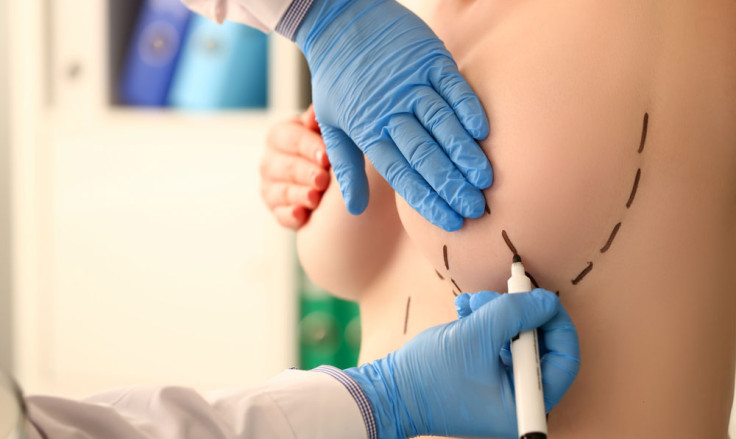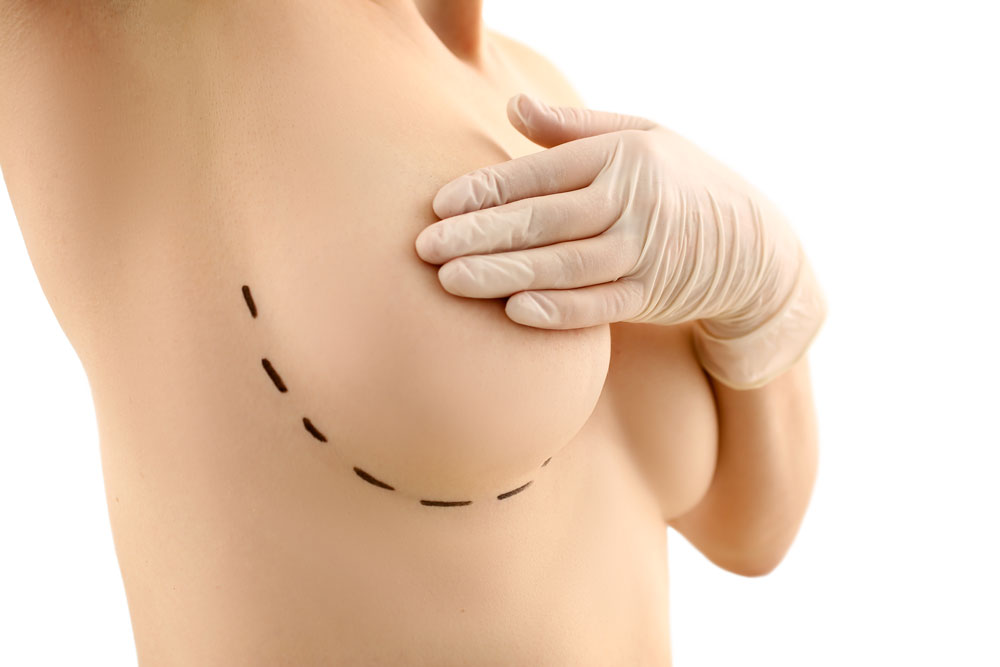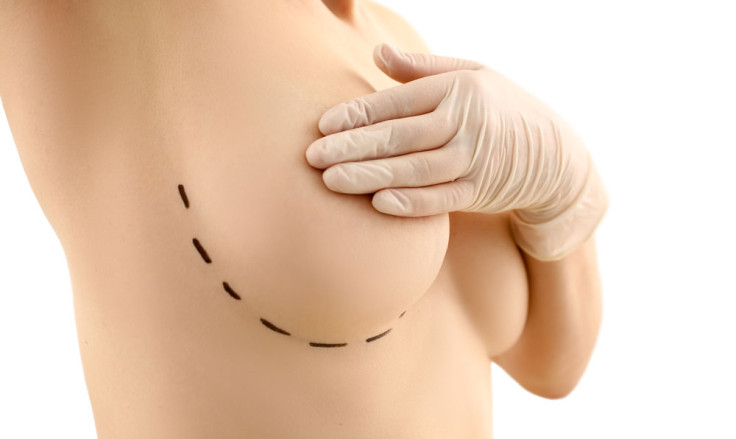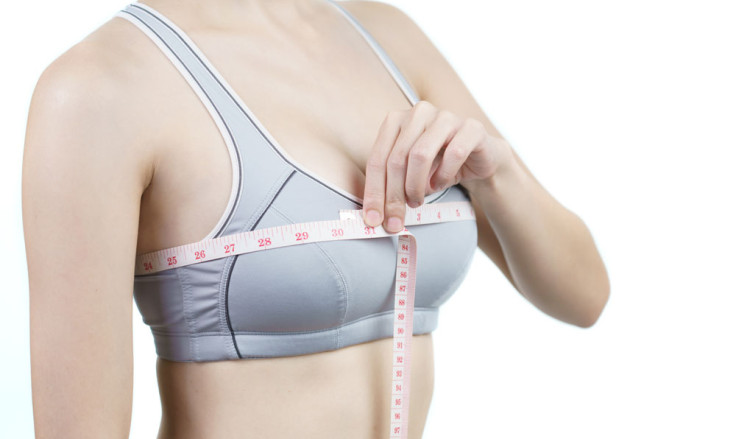How to Take Care of Your Breast Implants
Introduction
Breast implants are a popular choice for enhancing body contour and boosting self-confidence. Proper care is essential to ensure the longevity and health of your implants. This article provides comprehensive guidance on how to take care of your breast implants.
Immediate Post-Surgery Care
After breast implant surgery, immediate care is crucial to facilitate healing and prevent complications. Take ample rest and avoid strenuous activities for the first few weeks to ensure recovery. Adhere to the specific post-operative care instructions provided by your surgeon, including medications and wound care. Also, remember to use the surgical bra or a supportive sports bra. This is recommended to help reduce swelling and support the implants.
Managing Pain and Discomfort
Post-surgery discomfort is normal, but managing it effectively is key:
- Pain Medication: Take prescribed pain relievers as directed by your surgeon.
- Cold Compresses: Apply cold compresses to reduce swelling and pain, but avoid direct contact with the skin.
- Gentle Movements: Engage in light activities to promote circulation without overexerting yourself.
Regular Monitoring and Check-Ups
Regular monitoring of your breast implants helps in early detection of any issues. Attend all scheduled follow-up appointments with your surgeon to monitor healing and implant position. In addition to this, it is important to perform regular self-examinations. This checks for any changes in the breast tissue or implant. Schedule annual breast exams with your healthcare provider, including mammograms if recommended.
Maintaining a Healthy Lifestyle with Breast Implants
A healthy lifestyle supports the longevity and health of your breast implants: Some factors include:
- Balanced Diet: Eat a balanced diet rich in vitamins and minerals to support healing and overall health.
- Hydration: Stay well-hydrated to maintain skin elasticity and overall wellness.
- Avoid Smoking and Excessive Alcohol: Smoking and excessive alcohol consumption can impair healing and affect implant integrity.
Physical Activity and Exercise
Resuming physical activity requires caution to avoid damaging the implants. Start with light exercises and gradually increase intensity as your body heals. Make sure to avoid high-impact sports. Similarly, avoid activities that put excessive strain on your chest muscles. Pay attention to any discomfort or pain during exercise and adjust accordingly.
Understanding Potential Complications of Breast
Being aware of potential complications helps in early detection and management:
- Capsular Contracture: This occurs when scar tissue forms around the implant, causing hardness. Regular massage and follow-up can help prevent this.
- Implant Rupture or Leakage: Monitor for signs of implant rupture, such as sudden changes in breast shape or size. Seek medical attention if suspected.
- Infection: Maintain good hygiene and monitor for signs of infection like redness, swelling, or fever.
Long-Term Care and Considerations
Long-term care is essential for the health and appearance of your breast implants. Ensure replacement is considered if necessary. Breast implants are not lifetime devices and may require replacement after 10-15 years. Discuss the timeline and signs with your surgeon. Make any necessary lifestyle adjustments to protect your implants, such as wearing supportive bras during exercise.
Conclusion
Proper care of your breast implants is crucial for their longevity and your overall health. By following these guidelines and maintaining regular check-ups, you can enjoy the benefits of your breast implants for many years. Always consult with your surgeon for personalised advice and recommendations.
For more information and consultations with ACIBADEM, please visit the ACIBADEM Beauty Center webpage.




